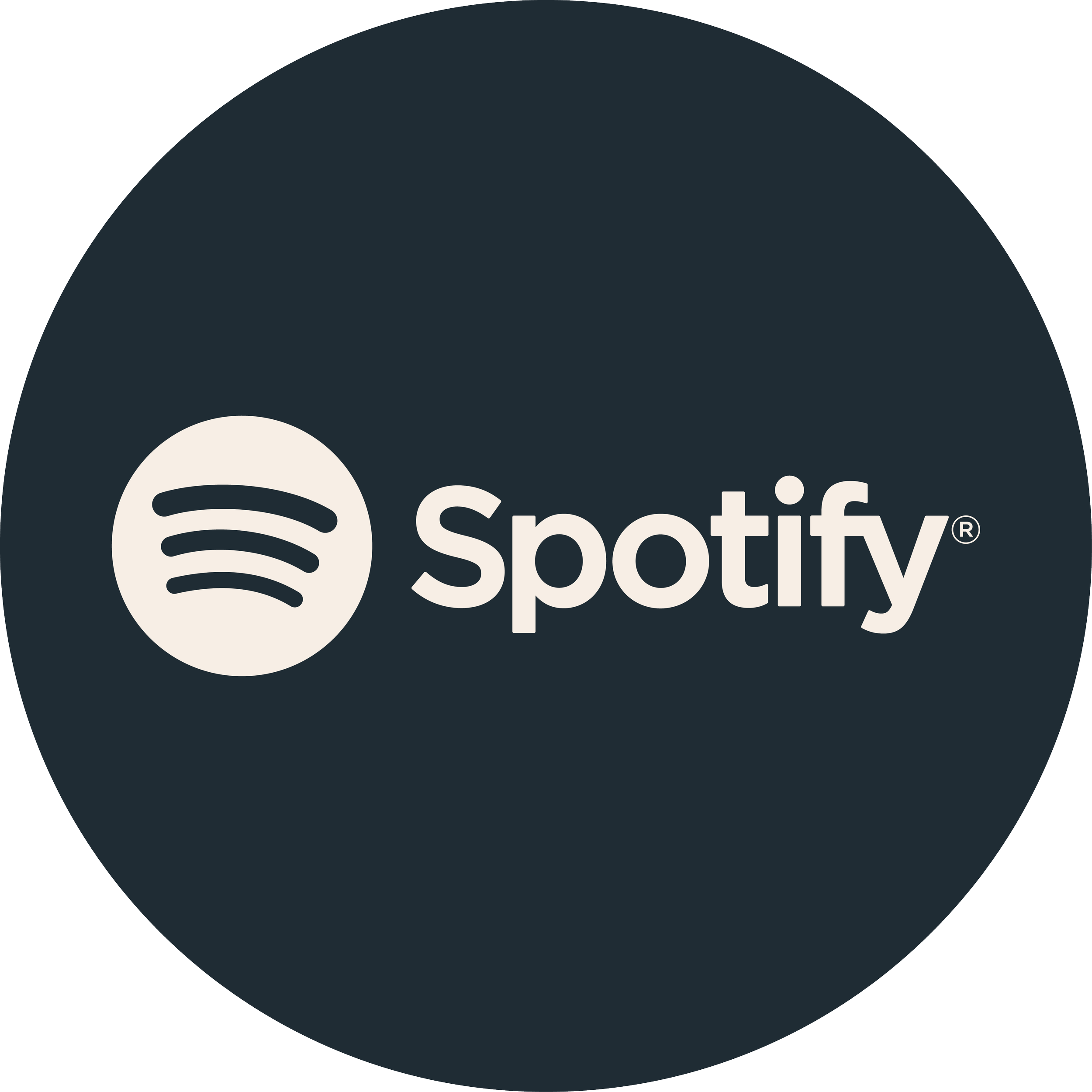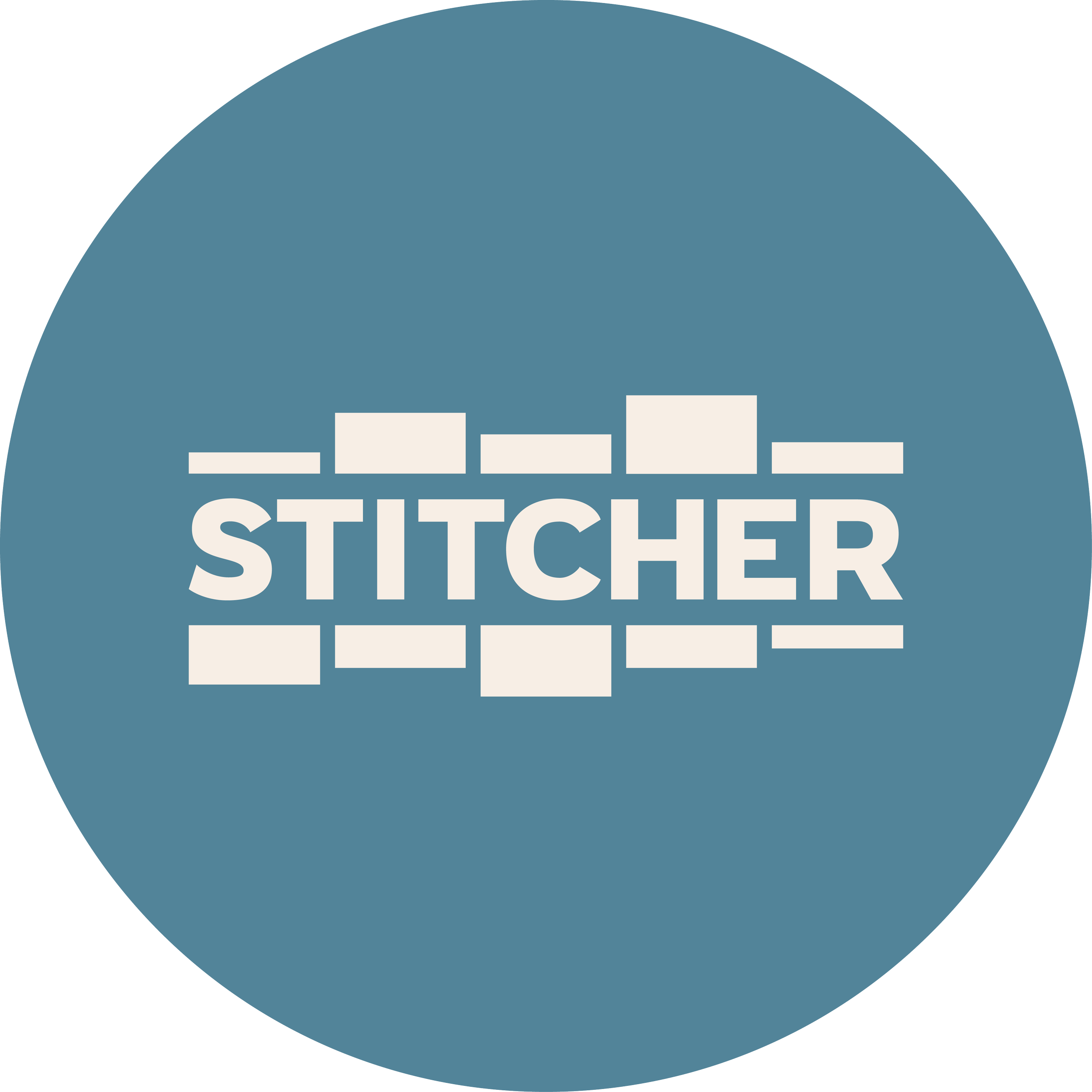Q & A Episode 17 - Legacy and Community Impact in Custom Home Building
Episode #17 | Q&A with Mark D. Williams | Legacy and Community Impact in Custom Home Building
In this Q&A Episode, we dive into the question of legacy and impact in the home-building community. He shares personal stories about the relationships he's built over the years, emphasizing how homes are more than just structures—they’re places filled with memories and love. Mark wraps it up by highlighting the importance of caring for clients, honoring the craft, and fostering collaboration in the industry.
Listen to the full episode:
About The Curious Builder
The host of the Curious Builder Posdast is Mark D. Williams, the founder of Mark D. WIlliams Custom Homes Inc. They are an award-winning Twin Cities-based home builder, creating quality custom homes and remodels — one-of-a-kind dream homes of all styles and scopes. Whether you’re looking to reimagine your current space or start fresh with a new construction, we build homes that reflect how you live your everyday life.
Support the Show:
-
The relationships that you build when you're a custom home builder, a remodeler, it's really special. And I think, I think as a business owner, we can talk about sometimes the negative emotions that we have to deal with. And it's not easy. Building is not easy, but it is very rewarding, and it is very the emotion, while it does come sometimes at a price, there's also a part where that emotion comes with energy. Welcome
Mark D. Williams 00:30
to curious. Build a podcast. I'm Mark Williams, your host, today's Thursday, Q and A is a great one. It's what kind of legacy does your company aim to leave in the communities where you build, and how do you measure the impact of your work beyond just sales? In short, what do you want to be known for? Wow, that's a big question. When I first started building 20 years ago, I was 23 years old, and I remember something my dad was a builder, something that he shared, that I still think of, that regardless, if you build that 10 million house, a $50,000 house like that's a home for somebody, and they live there. They create their memories. They have a family, and it's very important, and I don't ever want to lose sight of that. And so I really applaud people in our community that really remind themselves of that as a company. I think sometimes we can get so lost in the marketing and the day to day, and all of this stuff that sometimes we need to zoom back out and realize that builders across the country, remodelers are doing an incredible service to the country, to people's lives, and it's an essential need, right? You need food to live, housing. You need shelter from the early caveman days, whether you're making a bad fort or a cave you literally had shelter, and it's gotten a lot nicer since then, and we should be really proud of what we do, but at the end of the day, like we are creating an environment and a place that people have their strongest and longest memories. And so I think if I was to answer that question now, 20 years later, I guess just thinking that the homes that we build really serve the people that we create them for, and one of my favorite things to do is ask people about their lifestyle. What is something that they want to do as a family? I love working with young families. I always have, even before I had kids like I have now. And I always, it always really resonated with me that one of the key reasons people build a home is their family dynamics. And we built for all kinds of people. We built for couples that are expecting their first children. We've built homes for people that were pregnant. I had this one lady still remember the date, May 25 it was my mom's birthday. That's why I remember it. I was in Tahoe. I was driving my fiance to her her place that she was going to work out in California. I remember very vividly. It was snowing, and I presented the price to my client over the phone. This is before zoom and virtual meetings. I think. Remember the price was like, I won't say it, and it was and and they said, Okay. And then I hear the lady on the other end say, Man, I really thought that high number would make me go into labor. She was like, nine months and ready to pop, and she really wanted to have a baby. I think a week or two later, she delivered her first born son. But anyway, I bring that up because we see people all the time. I've met with people that are recently divorced and they want the home not to be too big. They don't know what the future of their life is gonna be, and so they wanna make sure that it can accommodate whatever their future choices might be. We do a lot of work for empty nesters. They want to create a home that is going to be awesome place to bring their grandkids back someday, to bring their kids back. In fact, it seems like more and more, especially because usually that that segment of the population has obviously more disposable income, and they want to build a smaller pointed house, and that is probably my I am really good as a builder in that niche. And because I'm a little child inside a 44 year old body, I love to design little kids stuff, from swings, hidden doors to trapeze nets, rock climbing rooms, whatever it is to do something unique for the kids or grandkids to come back. And I've had several clients that they built a home that, and you have to caution them to or sometimes I've had, I had this couple, I think was in their 70s. They wanted a sport court, like 7500 square feet. They wanted everything. And their point was, is they had kids all over the country, but they wanted them all to come back in the summer, to be on the lake with them, and to really have this place that they would forge all these memories that was their way of creating these really cool experience moments for their family to gravitate towards. I just think that's amazing. We ended up not building that home or yet to build that home. I think they're waiting to see how firm their kids are landing in other states before they move forward anyway. So going back to this question about legacy, I I've never really considered it, because I think there's certain connotations that I heard have with the word legacy that I don't like personally. I don't need people to think about me after I'm dead. It's probably a little personal, but I'm glad if my kids do, but I want them to life is for living. What are you doing now? And it's not that we shouldn't respect those and we can learn from those that have passed, but I guess I'm. Glad if my home leaves a legacy, but that's not why I'm building it. I'm really happy that if my home stands the test of time. That is important to me, and I guess I would be happy that our name, especially, let's say it was our last name, because my dad built homes, my grandpa built homes. I don't know if my kids will build homes, but I would like that name to resonate with quality. But honestly, the thing I would care the most about is that people would say, Oh, the Williams family, they really cared about the people that they worked with in or they really, I can tell that Mark and his family really appreciates the subcontractors and the trade partner the way we treat people. And I know that was something that was really humbling early on in my career, I just thought it was normal. I remember every summer my uncle was also a builder, my dad and uncle would do a joint softball party for all their trade partners, and that was something I did early on in my career as well. And I remember a lot of the older generation subcontractors that have been with they've been with us now for maybe 3040, years. Now, they've all pretty much retired, except for one family has a multi generational family member in the plumbing, but the rest of them have retired, and so that line of legacy has been broken in their own company, but they've always talked about how specifically my dad treated them and cared about them, and I will say that left a huge impression on me as a young man, and even to this day, of how I treat people. And I've spoken previously on the podcast that I learned a lot of business and I learned a lot of sales from my dad, who was a phenomenal builder, but I probably learned more from my mom, and my dad was very charismatic and very caring. So it's not that he's not but my mom is amazing in how she treats people, even to this day, she is an absolute. You hear this word all the time in corporate America, a servant leader. My mom has been a servant to others her whole life, and just a remarkable woman, and I have learned so much from her and how to treat people. I can't say I always get it right. I get it wrong a lot too, but I'm thankful for that example. Even now I think she's been retired for 25 years. I think she still has like, four or five quote design clients that she basically just says, Hey, pay for my gas and pay for some food and fly me wherever you need me to go, but I just want to be involved in helping you remodel your house. And so she's so willing to give her time because she honestly just loves people. She just wants to be around people. And I think when if our legacy, at least the legacy that I would want, is just somebody that really cared about other people. I care about my craft. I love what I do. I love my people. I love our teams. I love meeting new people, and I do consider my clients as part of my team. This episode is brought to you by Alpine hardwood flooring. They've been our partner now for over a decade installing all our wood floors on all our new homes, as well as our remodels. And on a personal level, Adam and Anthony jencola, the owners are just absolutely amazing people. They've been so supportive of my career, as well as doing anything we need to make sure that our clients are happy, and they work so well with our other vendors and trade partners at not only protecting their product, but also ensuring everyone else's looks great. So if you're looking for a wood floor or for a refinish, I highly recommend Alpine hardwood flooring. I ran into some really good past clients of mine at this we call that honey Hill harvest. A couple weeks ago. We have some land out in Orono with another builder, aspect design build, and we are each doing three acreage lots. And it was my first million dollar home. I want to say it was like 2015 2014 somewhere in there, and they came and just seeing them again. And like, their kids are in college now, their daughter is a senior in high school. Like, when I built for them, they were like, in like, third grade, and it was so neat to see them and have this really unique moment where they're happy where I'm at my career. I'm just happy to see them. And I even said, Hey, do you guys want to downsize? And let's just down the street. Let's build it. Let's build it. Let's bring this back. And so I think the relationships that you build when you're a custom home builder, a remodeler, it's really special. And I think, I think as a business owner, we can talk about, sometimes the negative emotions that we have to deal with, and it's not easy. It only is not easy, but it is very rewarding, and it is very the emotion. It does come sometimes at a price. There's also a part where that emotion comes with energy. I think this couple, when I see them, I get a big smile on my face. They get one too. It's like, it's such a great experience together. And now they can look back on it and realize, oh, wow, we had a we have a beautiful home, and we still do. And they've been in the home for almost a decade now, and we were just commenting jointly of just how well that home has aged and held up. And that's really a testament to our trade partners. And so I guess I'm thankful for that type of legacy. I think maybe if I was younger, if someone had asked me this question to think about it, it'd be nice to have a clear and I think for me, it's not something that I I think my legacy or the thing that I strive to do is more in tune with who I am as a person and less of what I want to be as a company. And I think it's fine if you're if your goal as a company is to do a certain thing and be known for that, I think that's great. And if that aligns with your personal values. On top of that, it's even better. I know some people that's. Not really what they're what they're trying to go for. But I think so many builders and remodelers and people in the trades like their craft is their identity. There isn't a dual identity. They're one in the same and it's so much easier when it is that sometimes the fallout of that is, if you have so much of yourself wrapped up in your company, let's say it fails, like it goes bankrupt, or something bad happens. You might be tempted to think I'm not good, or I'm bad, or I did a poor job.
Mark D. Williams 10:29
None of those things might be true. You might fail, you might go bankrupt. In fact, I look back in 2009 or 10. I've spoken about this on the podcast previously, too, where I asked my dad for some money, I think was in 2009 or 10. I had rented out a model home. I had tried to sell, couldn't sell it, rented it out. And I remember asking my dad for $30,000 and he said no. And I was so relieved that he said no, by the way. And he said, If we can't fix the problem, you're just gonna go bankrupt, and that's not the end of the world. And I remember like hearing that, like, no, 28 year old kid wants to hear that being bankrupt is a good thing. But he basically said, understand, like, what? What is failure? Failure just means you failed. And he said, worst case scenario, you shut your company down, you move home, your mom makes you a Swedish pancakes, and you live on the couch for a while. I'm like, Hey, that sounds pretty good, actually. And so I remember right after that, actually, it was like to get rid of the safety net, and I feel like my career really took off after that moment. And you figure it out, and whether you figure it out or fail, in some ways, is irrelevant. I feel like in some ways, I failed in the moment, but succeeded overall. And so you still, I think those moments of failure, or those moments of where you're looking for success and you don't get it, or it's different. I think that really informs the person you become, the company you become and the legacy you leave. I think it's pretty easy when things are going great, to be generous. So it's very easy to be patient when you have loss of patience. And I know as a parent, we're not always our best self. Late at night, you're tired and maybe you're a little louder than you should be with your kids, but honestly, it translates to business too. Sometimes you're not your best self, and how do you show up? And I'm thankful for role models. I'm thankful for people that you can kind of look to peers in your industry, where you might know behind the scenes things maybe aren't as easy as it might seem, that they are, but they're really they're it's not that they're faking it. They are. They're really just being authentic. I think one of my one of my best business friends, like Morgan Molitor. We had her on the podcast, I think, in January of last year, and she just talked about some really deep struggles so that she had, mentally, physically and as a really dark time in her life, and to see how far she's come since then is just marvelous and super encouraging. And so I think that's all kind of wrapped up into this legacy of who you want to be. And I think our community is super important. I think when you have a community of like minded people, it really inspires you to do better. One things that I love about the Parade of Homes here locally in Minnesota, but I think it's in the 75th anniversary, which is the oldest in the country, it's really inspiring to to have that continuity. To say you don't, we're gonna do it again. And when you've been a countrywide leader in home tours, it makes you want to raise your level. I'm on the committee where we make a lot we try to inform housing first, which is our local HBA, on changes that they can make and things they can do to become better. And I feel there's a certain part of the building legacy of what it is to be a Minnesota builder that resides in that. And we want to make it better. Because when I'm done, like, I want to keep going to that. When I'm a grandparent someday, hopefully, I want to take my grandkids to the Parade of Homes and be like, Yeah, you know what for? I've been going to the Parade of Homes for 50, 6070, years, however long it's been. And that's really unique. You're part of that for a short while. It's like you're being handed the baton on the four by 400 Olympic relay, and you have a short time to hold that baton, but then when that's time, it's time for you to give it up again. You hope that race continues to run. And I think legacy is like that. I think a lot of times we think of, I think most of the time that question is, is, what do we want to do with our legacy, like personally, but actually, the idea that we would have a legacy that would be beyond our company, more industry wide, and I didn't I pretty much obsessed with collaboration over competition. Again, another shout out to Morgan. She's the first person that kind of used that phrase with me, and now I feel like it's the bumper on my license plate wherever I drive. Even the reason I started the curious collect now we've got the cures builder collective, cures design collective, cures architect collective. We're going to launch a curious trades collective. We're going into other states, and the whole point is just bringing people together. And it wasn't my goal. It's not why I'm not thinking about this in terms of legacy. But if my legacy was Mark was really good at bringing people together so they could be successful, that would feel really cool. It and that would just be great. I just want to people say all the time, you can be an expert, or you can be a guide. If I can guide people together and let them create something really unique, and I can somehow be a part of that. That's amazing. It's kind of like you're not a piece of flint in this medieval analogy, but two pieces of Flint knocking together to create a spark and then a fire grows. You're at the campfire being you're around all these sparks. Works. You're around all this flame of ingenuity and creativity, and it's super contagious, and it's incredibly inspiring. And I feel, for me personally, it's what's going to give me the energy over the back 40, as they say, for the next 20 years, God willing, for health and all those things, I'll build for another 20 years. And I don't think I could do it without what's happened over the last year, and this, this really significant impact of working with other builders, even here locally, again. Shout out to Tom and Sean from aspect, they approached me and said, hey, we'd love to partner with you on this honey Hill, the six lot development up in or No, and that's been really fun as a small, three person, four person company, to work with another company, where it's almost like they're your company too. I just feel like there's so many of these little, small building companies that we don't really sometimes it feels like we're all alone, like we're the only person. We're like a silo in a field, and here we are surrounded by a ton of other silos. So knock down the walls, talk to your neighbor, and it turns out we can do a lot of work together. And so I've really enjoyed where industry has gone recently with working together. And yeah, you can have competition, and that's fine, but I think understanding like you're excited when they do well, and they're excited when you do well, and I think that type of camaraderie makes you feel like you're part of the same team. And I think that would just be a really great legacy to be a part of, and if I somehow have an ability to help guide it as well, then that would be really inspiring. Thanks for listening to the cures builder podcast. If you like what you listen to, please give us a five star rating and write us a review. It really means a lot. It's a great way for us to just understand what you like about the podcast and what we can keep doing so in review and please share with your friends and family. Find out more at curious builder podcast.com you










